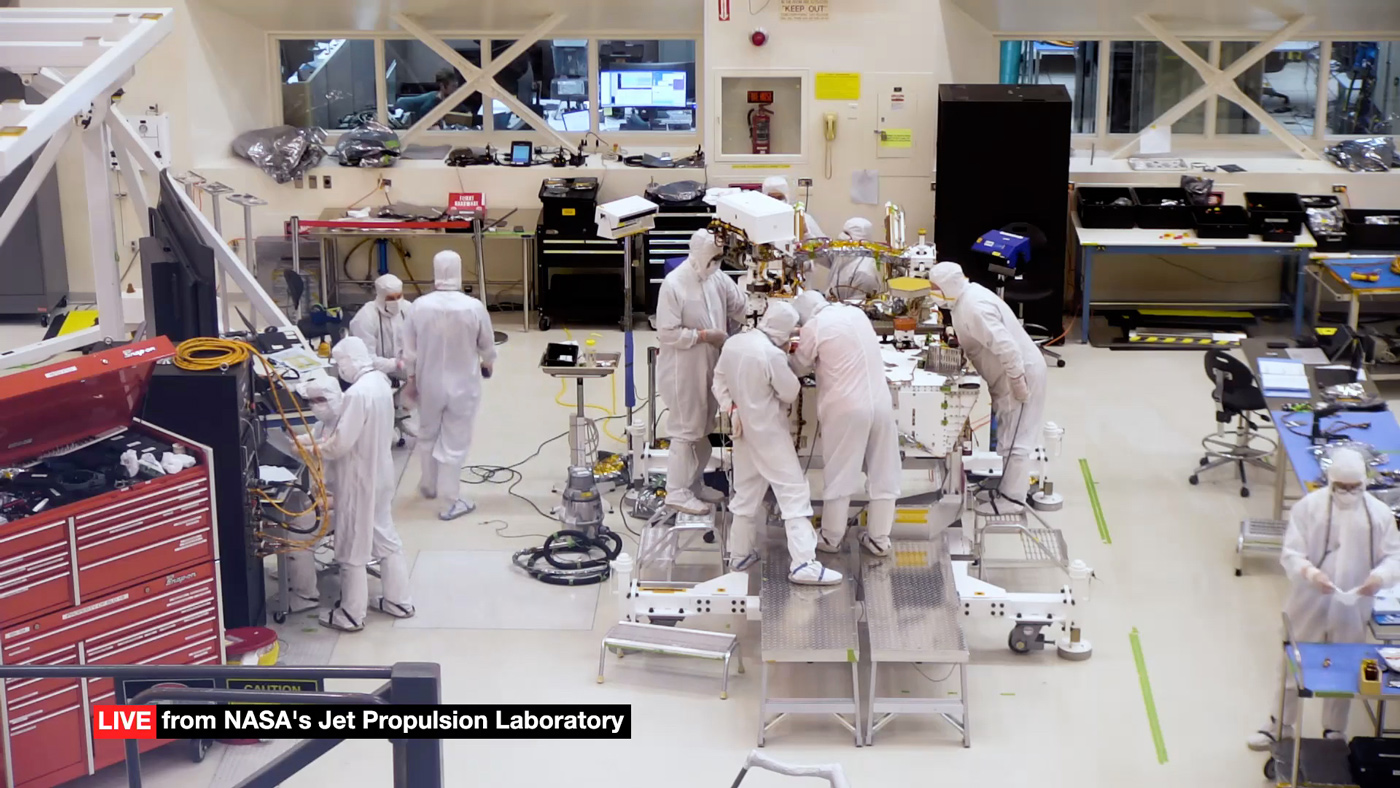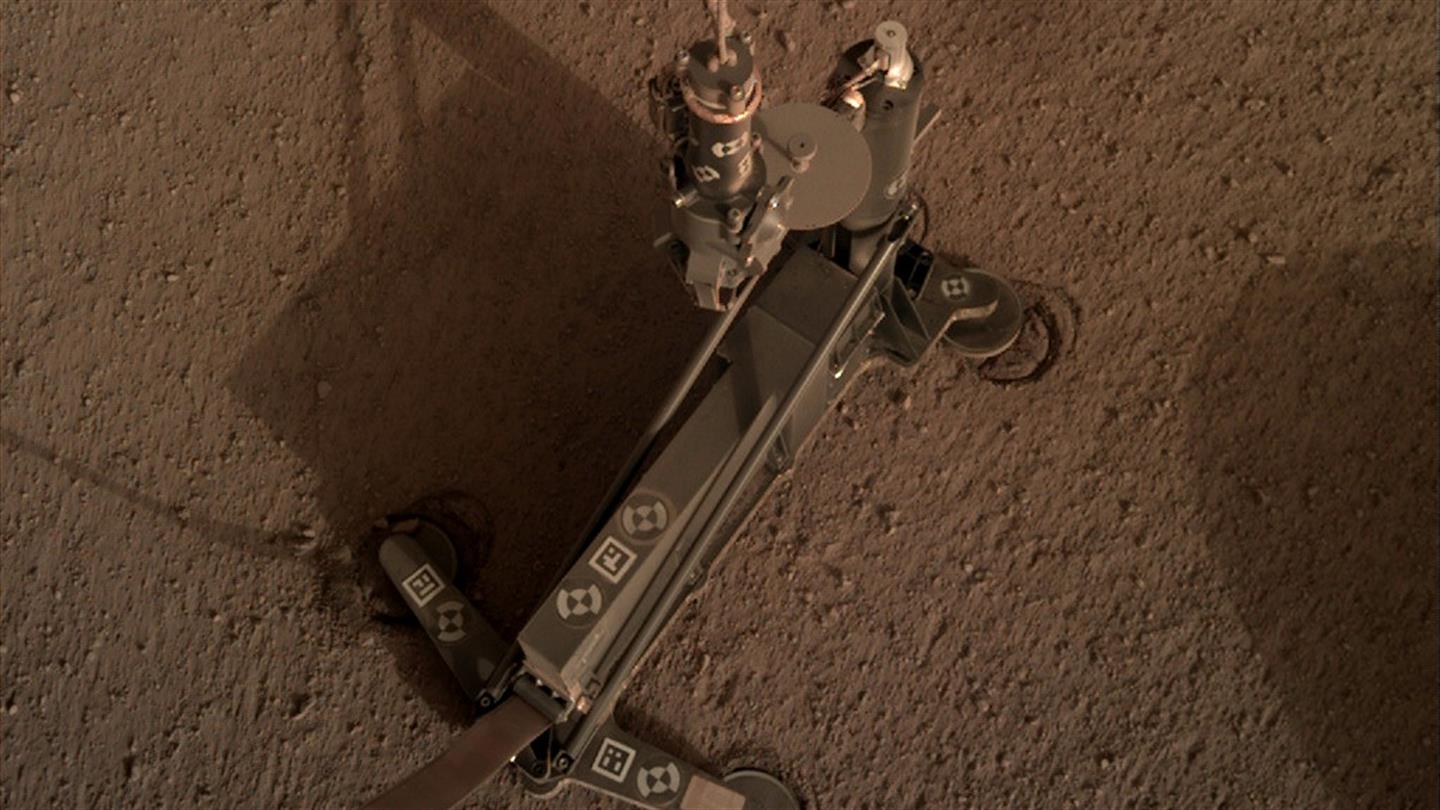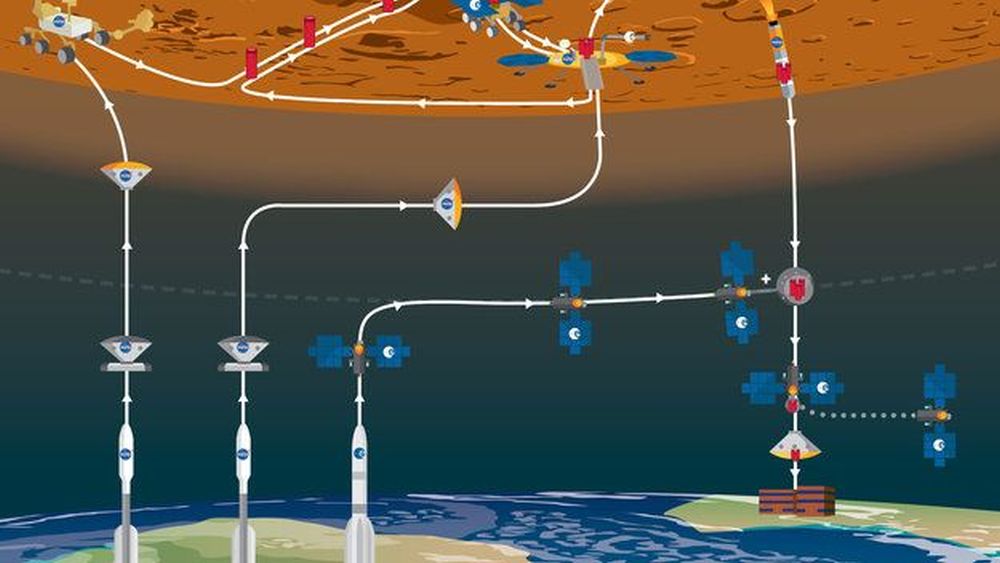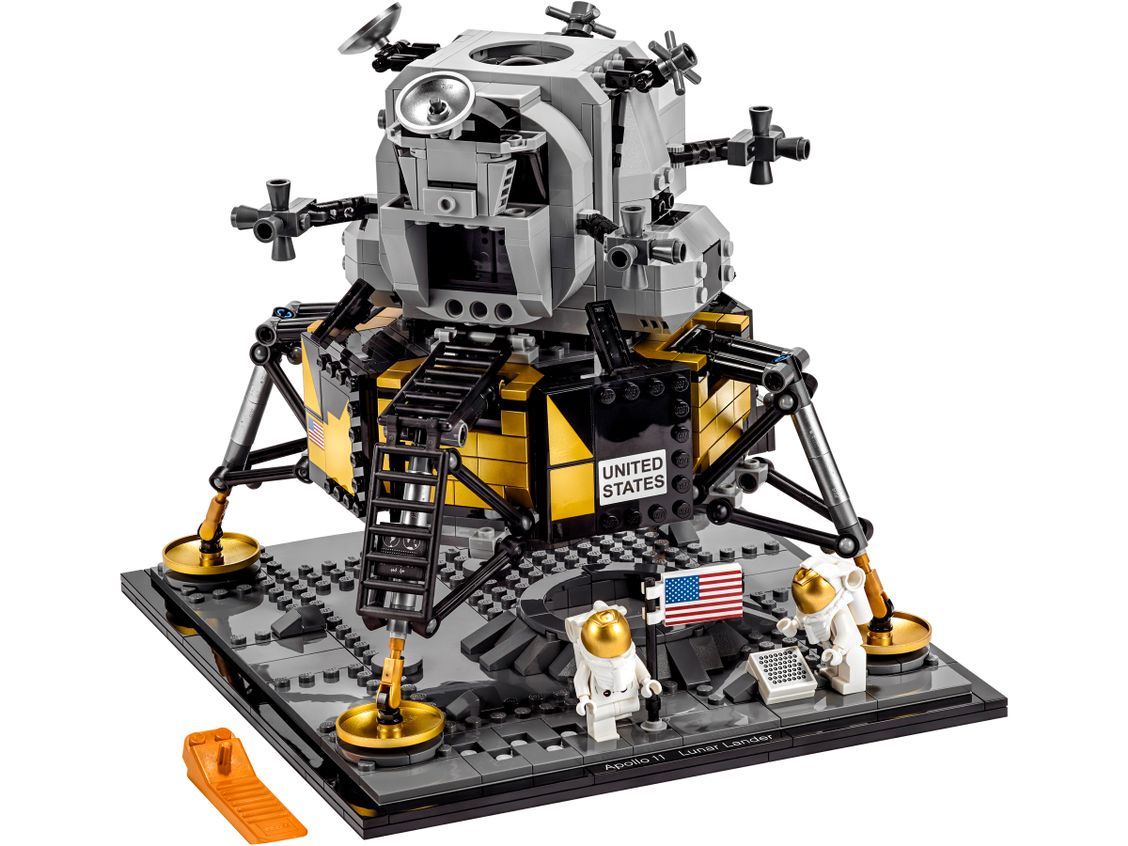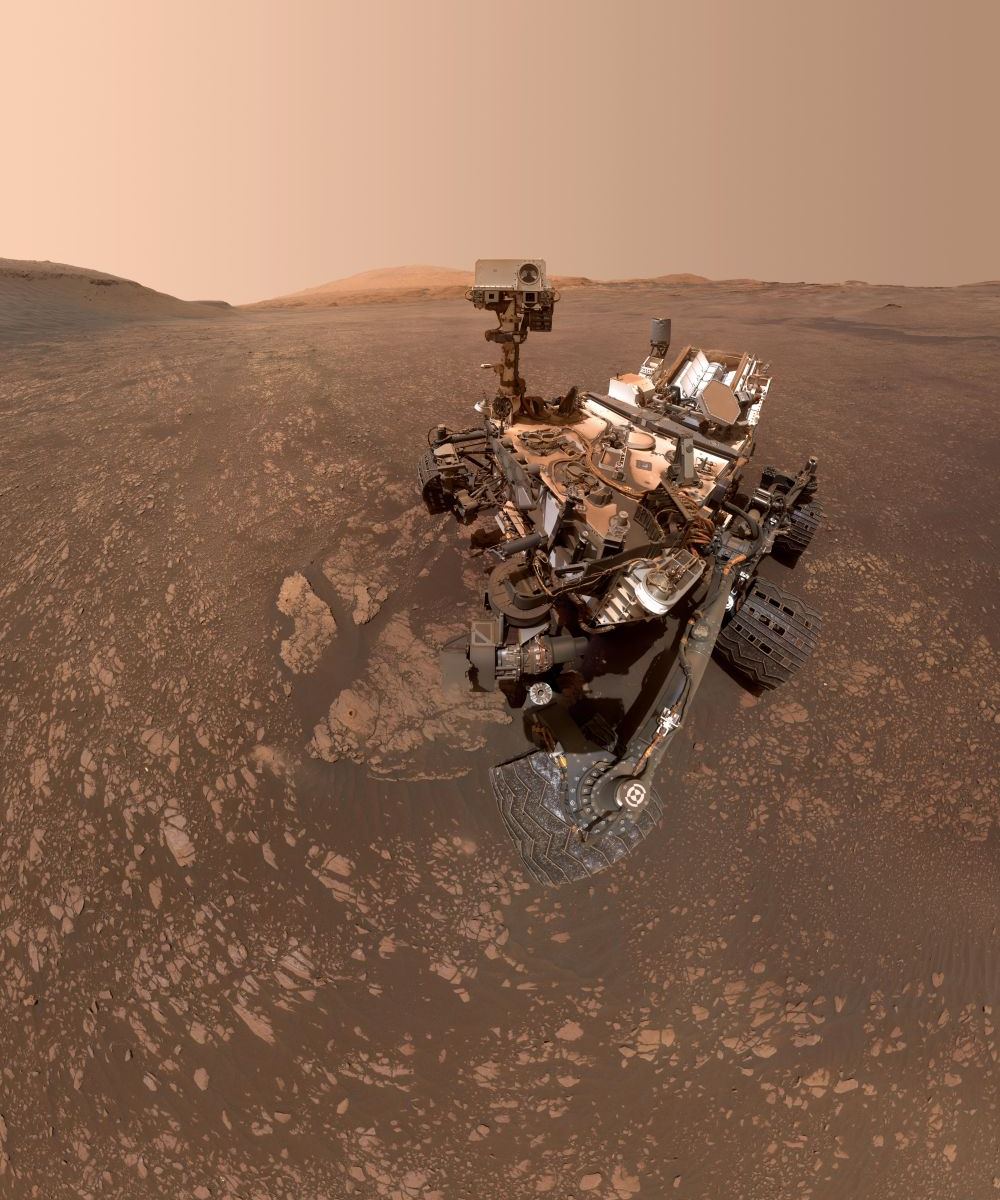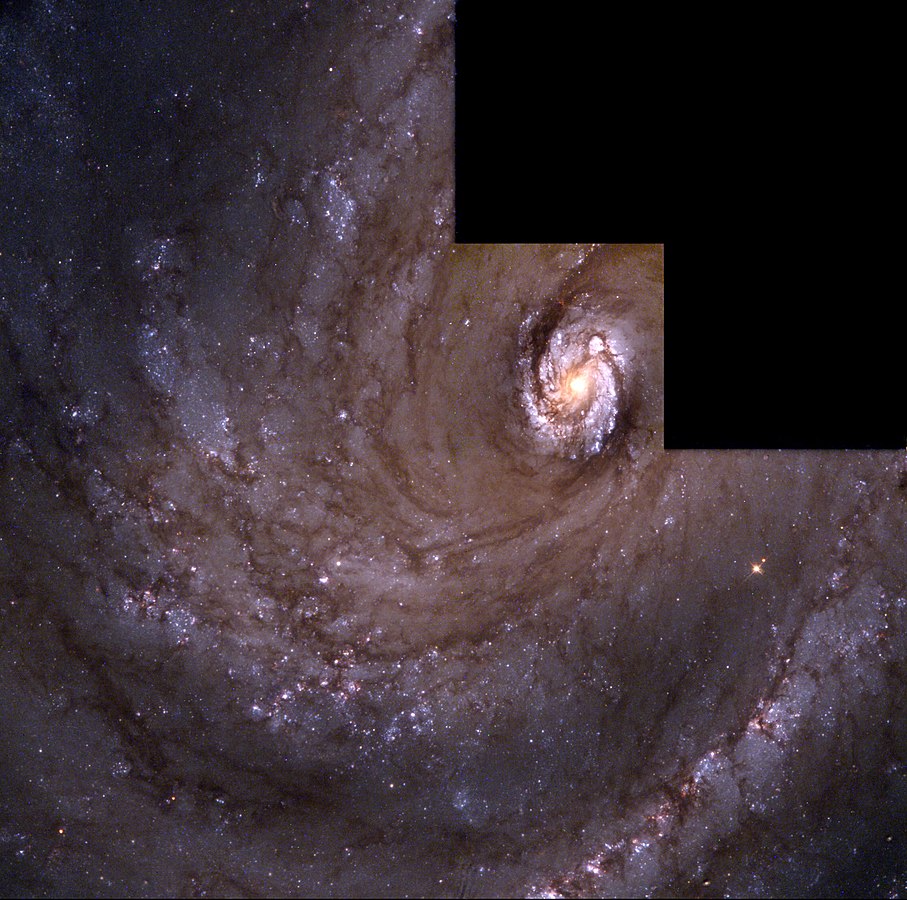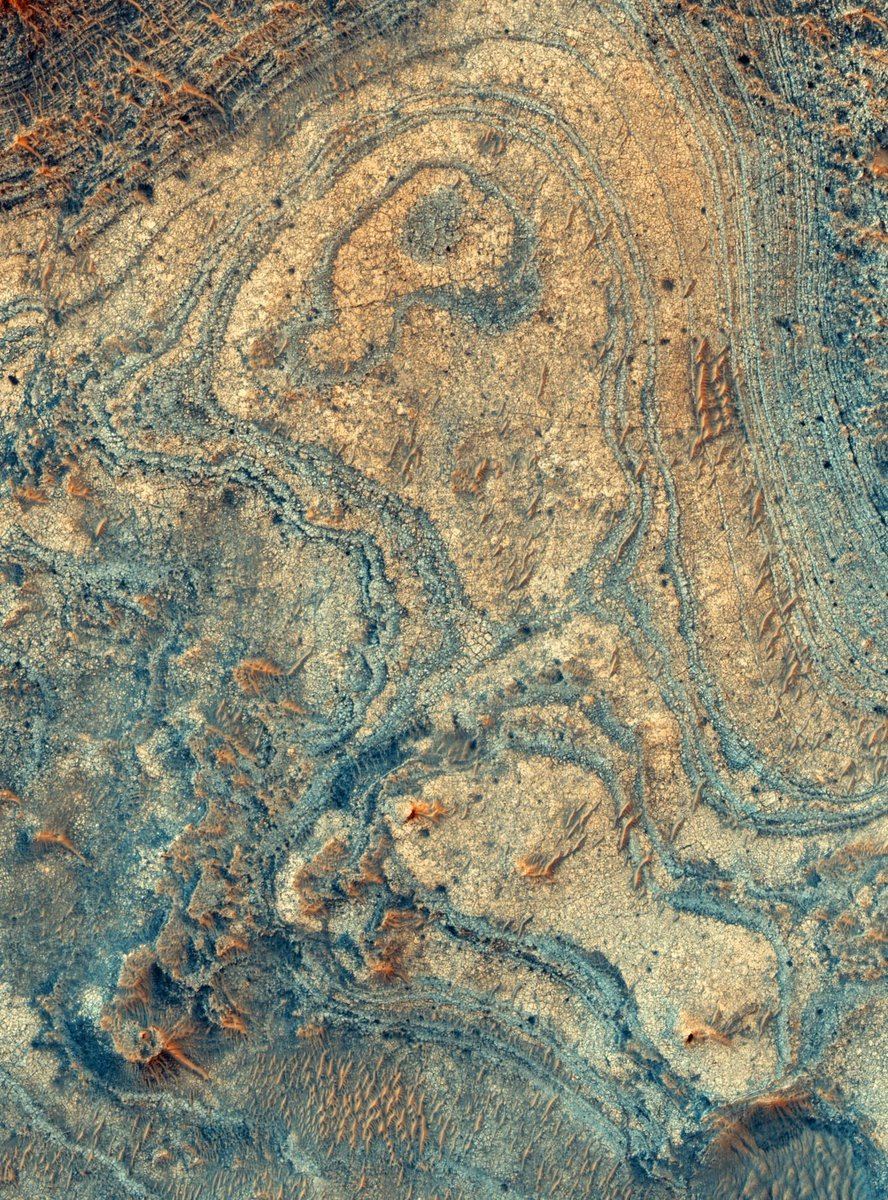In June of 2017, NASA’s Neutron Star Interior Composition Explorer (NICER) was installed aboard the International Space Station (ISS). The purpose of this instrument is to provide high-precision measurements of neutron stars and other super-dense objects that are on the verge of collapsing into black holes. NICER is also be the first instrument designed to test technology that will use pulsars as navigation beacons.
Recently, NASA used data obtained from NICER’s first 22 months of science operations to create an x-ray map of the entire sky. What resulted was a lovely image that looks like a long-exposure image of fire dancers, solar flare activity from hundreds of stars, or even a visualization of the world wide web. But in fact, each bright spot represents an x-ray source while the bright filaments are their paths across the night sky.
Continue reading “NASA is building up a map of the entire sky seen in X-rays, line by line with its NICER experiment”


